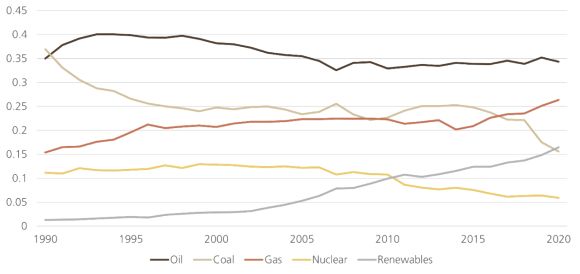Economics
Germany's energy crisis: storing up trouble for a full-blown recession?
Germany isn't taking any chances and is preparing for the worst-case scenario should Russia turn off its gas supply before the winter comes. UBS Knowledge Network take a look at the impact across the economy.



